




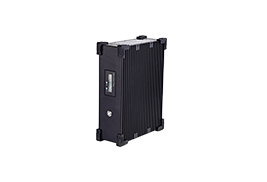


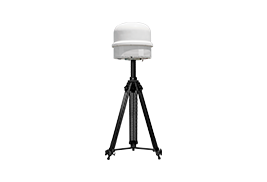




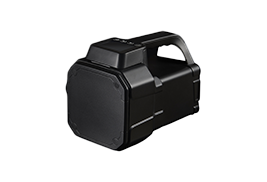




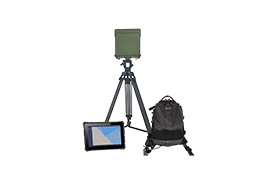
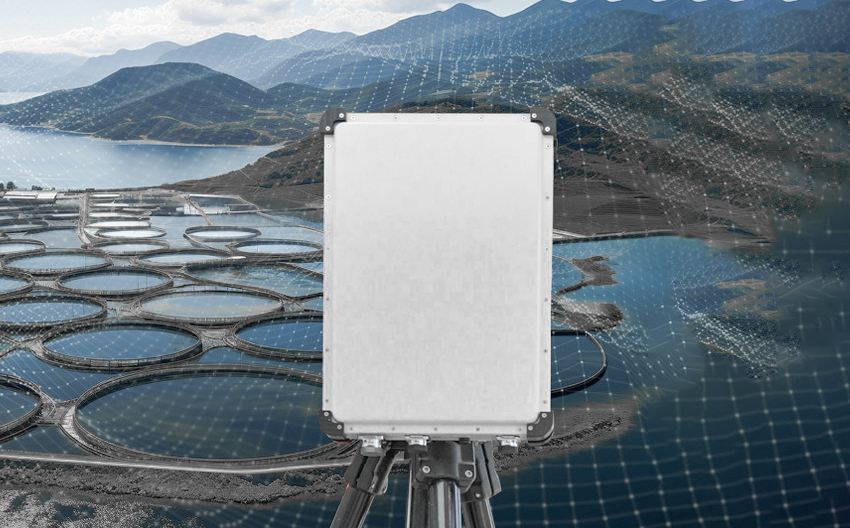
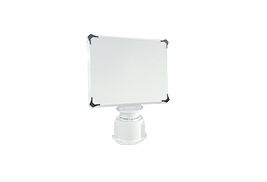
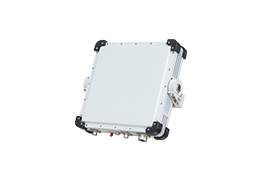



 X
X







 GLOBAL / ENGLISH
GLOBAL / ENGLISH

As technology rapidly advances, our lives increasingly revolve around various smart devices. While these devices bring convenience, they also raise concerns about privacy security. GPS location tracking and eavesdropping technologies are two of the most frequently mentioned privacy threats. This article discusses how to effectively protect against GPS tracking and eavesdropping using technological means.
GPS Location and Privacy Protection
GPS (Global Positioning System) technology has become an indispensable part of our daily lives, essential for navigation, location sharing, and location-based services. However, this also makes our location data easily trackable and accessible. To protect our privacy, we can take the following measures:
Turn Off Unnecessary GPS Functions: Many apps request access to our location data while running, but not all need our exact location. Therefore, we should carefully review each app's permission settings and disable unnecessary GPS functions.
Use Virtual Location Services: Some apps offer the functionality of virtual location services, allowing us to set a fake location instead of our real one. This way, even if an app accesses our location data, it can only retrieve the virtual location we set, thus protecting our real privacy.
Utilize Privacy Protection Software: There are privacy protection software solutions available that can help encrypt or disguise our location information to prevent malicious tracking.
Eavesdropping Technology and Privacy Security
Eavesdropping technology is another significant threat to our privacy security. Whether it's phone calls, online chats, or voice assistants, all can be targets of eavesdropping. To protect our privacy, we can take the following measures:
Use Encrypted Communications: Encryption is an effective way to prevent eavesdropping. By using encryption software or apps, we can ensure that our conversations or chat content is encrypted during transmission, making it indecipherable even if intercepted.
Disable Unnecessary Microphone Permissions: Many apps request access to our microphone, but not all require this function. We should carefully review each app's permission settings and only grant microphone access to apps that genuinely need it.
Regularly Check Device Security: We should regularly check whether our devices have been compromised with eavesdropping tools. This includes inspecting the hardware and software security of devices like smartphones and computers, as well as ensuring the physical security of our home and work environments.
Conclusion
Privacy security is an issue we cannot overlook while enjoying the convenience of technology. By taking the measures outlined above, we can effectively protect our GPS location and privacy from eavesdropping. Additionally, we should remain vigilant, continually learning about and understanding new privacy protection technologies and methods to ensure our privacy is maximally secured.












